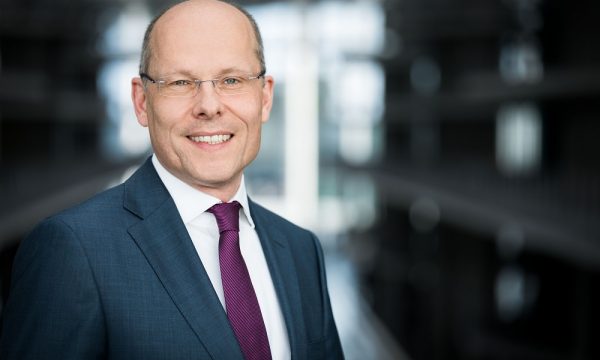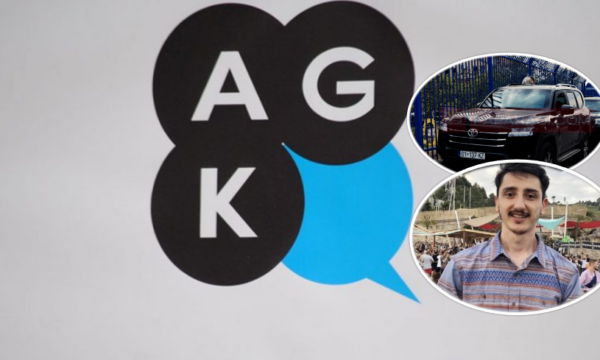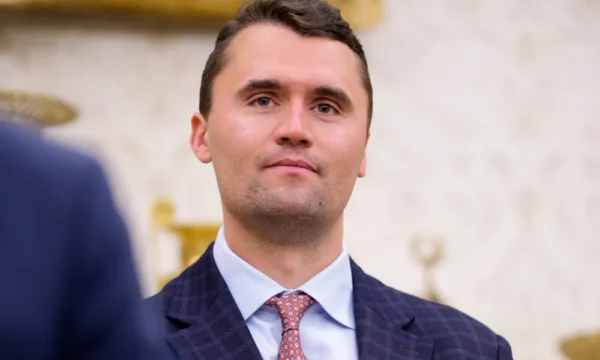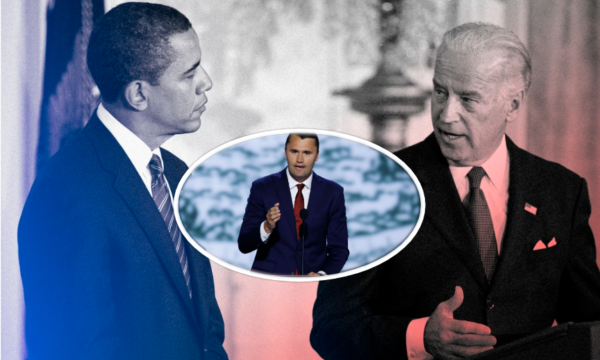
Lajme
Shqipëri Maqedoni Foleja.com ImpresumOp/Ed
Shkurt e ShqipSport
string(93) "interview-with-peter-beyer-northern-kosovo-remains-a-challenge-germany-opposes-land-swap-idea"
Gazeta Express
23/07/2020 17:15Interview with Peter Beyer: Northern Kosovo remains a challenge, Germany opposes land swap idea


Gazeta Express
23/07/2020 17:15Member of German Parliament and Rapporteur for Kosovo at the Council of Europe (CoE), peter Beyer, in an exclusive interview with Gazeta Express speaks about Kosovo-Serbia dialogue facilitated by the EU and other topics expected to be addressed during the dialogue in Brussels.
Beyer says that the open question of the northern part of Kosovo remains a major challenge in the advance of the normalization process between the two countries. He said that politicians in both Pristina and belgrade have not been elected only for times “when the sun is shining.” Beeyer says that there comes always a time, where boldness has to pair with diplomatic cleverness and responsibility – that is the time, when no “easy answers” are needed, but rather tough compromises. “I want to repeat my position and that of Germany that we would not agree to a territorial alteration of any kind,” Beyer told Gazeta Express.
Gazeta Express: Do you think that a final agreement can be reached without solving technical issues and without implementing the agreements reached so far?
Peter Beyer: As I have said publicly many times before, both sides need to do their homework. I am extremely happy to see that the EU-facilitated dialogue has resumed. That is really good news. And is without any doubt the right thing to do, if one seriously and honestly believes in a good future of its people.
Although we always think about the big picture, the art of diplomatic negotiations certainly lies in the details. With that I mean that the technical details of the talks are very important. In a first step, the parties need to find common ground and practicable solutions to the individual issues. In a second phase, both Serbia and Kosovo need to pass bills, where necessary, and implement the results in their respective home country. All that is very concrete, not magical. It takes responsible politicians to act in this way and in the best interest of their people. In politics in general and in democratic jurisdictions in particular, this often means to find compromises. My expectation is that both countries pursue this concept. Simultaneously, it goes without saying that negotiations for a legally binding, final agreement need to be brought forward. I am not convinced that each and all technical details need to be implemented completely, before such an agreement can be signed. But I deem it essential and absolutely necessary that both parties show a serious and sustainable will to improve their respective track records on the implementation side.
Gazeta Express: Do you see these criticisms for Hoti as a source of concern about the Association of Serbian Municipalities, because most likely in the discussions launched in Brussels such a topic cannot be avoided at all?
Peter Beyer: The open question of the North of Kosovo remains a major challenge in the advance of the normalization process between the two countries. If it helps to make progress, the negotiators can first focus on other issues, but finally, it cannot be excluded. I have a lot of understanding for the problems, historical background and ethnic and religious implications that contribute to making this issue a very difficult one. But neither the politicians in Belgrade, nor the ones in Pristina have been elected only for times, when the sun is shining the wind blows from behind. There comes always a time, where boldness has to pair with diplomatic cleverness and responsibility – that is the time, when no “easy answers” are needed, but rather tough compromises. I want to repeat my position and that of Germany that we would not agree to a territorial alteration of any kind.
Gazeta Express: What is your message for Kosovo political parties and leaders that does not support Brussels dialogue?
Peter Beyer: Please be honest to yourself and to your people: What would be in the best interest of your citizens? – A sustainable path into the future in the heart of EU-Europe with all its economic possibilities, with values of a strong democracy, rule of law and freedom to move? Being in a strong community of solidarity as a smaller country promises a leveraged strength as a nation. How do you define the future for your people? Be honest. Or do you rather play a foul game and play with the resentments of the past and dodge away from statesmanship and responsibility. That would be cowardice, dishonesty, and betrayal of your people. Germany and the EU are your best friends. We want you in the EU. We lend a helping hand. Reach out for it, take it and – again – do your homework. /Gazeta Express/
Artikull i sponsorizuar
aaÇdo Javë, çdo destinacion – Shpejt dhe pa komplikime me 3P Logistics
Nga Europa drejt biznesit tënd – nisje çdo javë me 3P Logistics, shpejt, sigurt dhe pa stres! Kur bëhet...
Të tjera nga rubrika

Pamje dramatike, momentet kur Charlie Kirk i plagosur bartet nga disa persona dhe futet në veturë, pak më vonë u shpall i vdekur

Vajzat e Presidentes nuk u xhiruan, prokurori kërkoi që kameramani i Paparacit të lirohet, AGK reagon edhe një herë

Alexander Isak shfaqet në stërvitjet e para me Liverpoolin, tifozët e komentojnë

Ikonë e aktivizmit konservator, baba i dy fëmijëve dhe lojëtar kyç në fushatën e Trump – profili i Charlie Kirk që u vra gjatë një tubimi

Biden e Obama reagojnë pas vrasjes së aleatit të Trump, Charlie Kirk: Kjo dhunë s’ka vend në SHBA, lutemi për familjen e tij

Superkompjuteri i Opta parashikon favoritët për ta fituar Champions League 2025-26
Te fundit

Pamje dramatike, momentet kur Charlie Kirk i plagosur bartet nga disa persona dhe futet në veturë, pak më vonë u shpall i vdekur

Vajzat e Presidentes nuk u xhiruan, prokurori kërkoi që kameramani i Paparacit të lirohet, AGK reagon edhe një herë

Alexander Isak shfaqet në stërvitjet e para me Liverpoolin, tifozët e komentojnë

Ikonë e aktivizmit konservator, baba i dy fëmijëve dhe lojëtar kyç në fushatën e Trump – profili i Charlie Kirk që u vra gjatë një tubimi

Biden e Obama reagojnë pas vrasjes së aleatit të Trump, Charlie Kirk: Kjo dhunë s’ka vend në SHBA, lutemi për familjen e tij

Superkompjuteri i Opta parashikon favoritët për ta fituar Champions League 2025-26
✕





